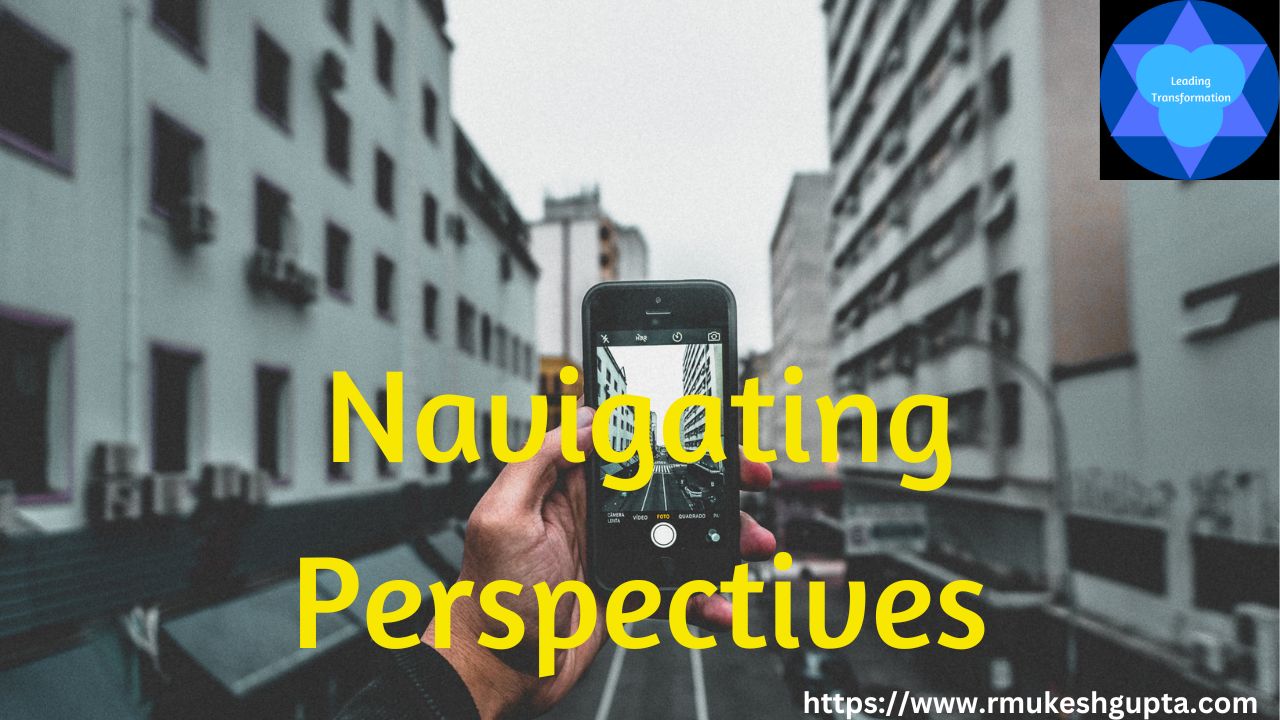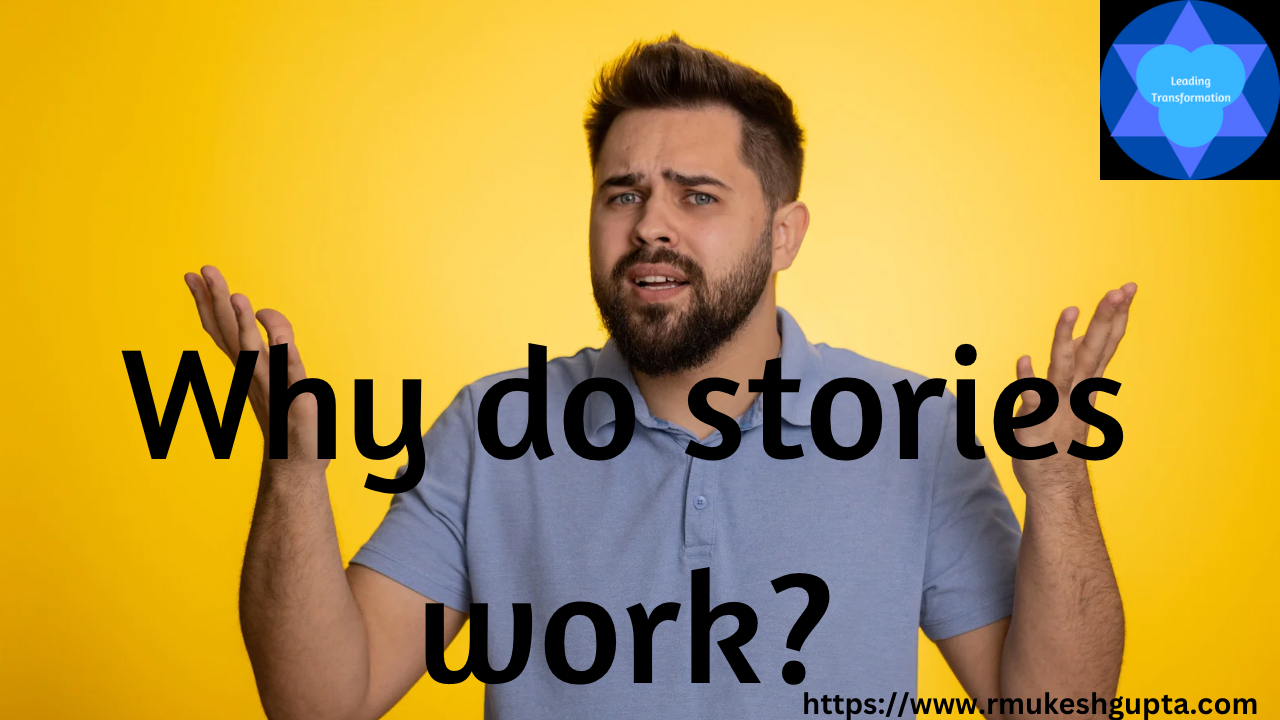
Premise:
We live in a world that changes faster than we can make sense of to respond in any meaningful fashion. In such scenario, how we respond to the changes around us can have a significant impact on our lived experience.
The best way that I have found to respond to such a scenario is to build for ourselves a set of guiding principles that determines our response to any given situation. I call them my rules to live by.
Having thought about them and intentionally listed them down helps me make quick decisions (and sometimes even subconsciously) so that I am not stuck in the land of indecisiveness.
Here are the rules that I live by in my professional life:
Create before consume:
There is a lot of content that we are exposed to in our lives, be it through social media, or at work or through other media channels or advertisements. I try to create something before I allow myself to consume information.
Sometimes I publish what I create on one of the channels (photos I click on Instagram, short form fun videos on TikTok, serious videos on YouTube, thought leadership content on my blog or LinkedIn, etc) and sometimes they are for my personal consumption (my personal diary or journal).
Creating all the time allows me to process what I consume, make sense to it, add my perspective and record it. I come back to these at some point in the future, usually towards the end of the year to explore how my thinking has changed over the course of the year.
This allows me to be actively learning through consumption of content rather than passively consuming content and waste time.
Better to apologise than to wait for permission:
One of the things that has kept me in good stead is this rule. I dont wait around for someone to give me permission to do anything. If I believe that something is the right thing to do, I think about it deeply and from the perspective of all the stakeholders involved and if I still think that it is the right thing to do, I go ahead and do it, instead of asking for permission.
If someone comes back and questions my taking action, I simply apologise and stop doing it (if that is the right thing to do, after having explained my rationale for taking action). In my 20 years of following this rule, I have never had to apologise for taking action. On the other hand, I have always gotten praise and prize for having taken action, when everyone around me was waiting for permission.
Be fiercely curious:
I strongly believe that being curious and applying this curiosity is a superpower that all of us possess but few of us actually exercise Being fiercely curious is about applying this curiosity to everything we engage with.
It is being curious about what we are doing, why we are doing it, where are we doing it, when are we doing it, with whom are we doing it and how are we doing it. It is also being curious about if the answer we get to these inquiries is the best way to achieve what we want to achieve.
Listen to all, make sense of it all, then do what you think is right:
One of the application of fierce curiosity is the ability to listen to feedback from others around us, find out why they think the way they do and how is it different from our thinking. We make sense of the advice given to us and decide for ourselves, whether we want to incorporate the advice and take it or leave it.
It is always a good idea to go look for multiple perspectives, but then it is up to us which one’s we incorporate in our thinking and actions and which one’s we leave out.
Do work that matters to me:
One of the things that enables me to be most productive is to do work that matters to me. Even when I am doing work that may be necessary but doesn’t really matter to me, I find a way to connect it to something that matters to me.
When I am working on something that matters to me, I find that it becomes easier to work on it and helps avoid procrastination and makes progress on the task easier. It also helps keep the quality of work high enough (for some) and very high for some others.
There is always a way out:
It is no joke to see how many times we get stuck in a position where we feel that there is no way out. My belief that there is always a way out helps me keep looking when others around me have stopped looking.
As the saying goes, you find what you go looking for. If you go looking for a way out of a situation, you will find a way out from any situation. The number of times that I have been able to wriggle out of an untenable situation just due to this belief is astounding to say the least.
“And also” is better than “Either / or”:
The world usually thinks in binary terms – this is good or bad; this is better or worse; this is acceptable or not acceptable; this is black or white. However, in my experience, in reality things are usually on a spectrum.
Somethings could be good and bad (good from a perspective and bad from a different perspective). Some times things could be better and worse or grey (black and white).
Knowing this allows us to access a completely different set of perspectives and ideas than the one’s we get when we think in binary terms. This increases our creativity and helps bring unique perspectives to the table.
Push limits:
One of the early lessons I learnt in my career is the importance of pushing our limits. We will know if we are pushing limits if we make new mistakes every now and then and learn from them.
If we are not making any mistakes, it clearly means that we are not pushing our limits and are playing within our comfort zone. Playing within our comfort zone means that our ability to get outsized success with respect to our efforts is minimal.
Say yes, then figure it out:
Sometimes, usually early in the cycle of our knowing something (or early in our career), we need to say yes to everything that comes our way. Saying yes to things that we don’t necessarily know how to accomplish helps us learn new things and push boundaries.
The ability to figure things out as we go along builds our confidence. It also enables us to reach out to people who can help us (therefore helping us build our network) and access resources that we would not have otherwise known or accessed. Overall, all of this helps in accelerating our learning.
Keep experimenting:
When we are in advanced stage of our career or later stages in our learning journey, it is better to keep experimenting to find more effective ways to achieving our goals.
Experimentation means that we create a hypothesis about what would happen if we did a specific thing, then run a test to find out if our hypothesis is true or false.
If the hypothesis is true, we know that our understanding is right and if the hypothesis is false, we correct our understanding. Then we do the next round of experiments and continue to fine tune our understanding and knowledge.
In conclusion:
In conclusion, having a pre-determined set of rules to live offers us the stability we need in any ever changing environment standing upon which to respond to these changes. These rules make it easier for us to make decisions and also makes our behaviour consistent.
Displaying consistent behaviour helps us build trust with our peers, the people who report to us and those whom we report to. Again, in ever changing environment, if we can provide stability to people around us, it helps not only us but also everyone who works with us.




